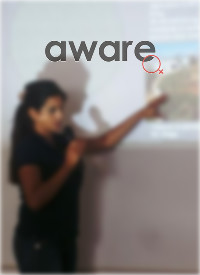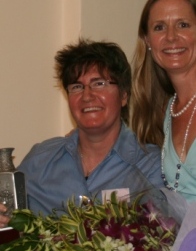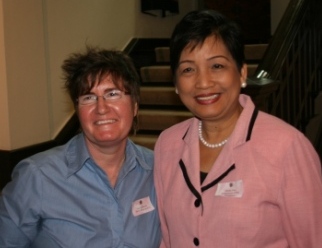
It is time that our laws recognize that all young people need protection from sexual predators, that boys need as much protection as girls.
Existing laws on statutory rape were formulated in the 18th century and are not adapted to a situation in which young girls of 12 years or so are having sex, consensual sex, with boys of the same age (ref ST. 9th Feb 2010).
Laws must protect young people from the sexual predations of adults.
Absolutely. And the rationale behind the development of statutory rape laws was that the power disparity inherent in a relationship between a juvenile and an adult translates into a juvenile’s inability to resist an adult’s coercive influence.
These initial prohibitions were gender specific, restricting only a male’s sexual relations with young females, and were intended to “protect a father’s interest in his daughter’s chastity.” He can then marry her off more easily.
The most historically consistent rationale for statutory rape laws is to protect juveniles, generally from the coerced activity that they are not mature enough to refuse.
But the current reality is that young girls mature earlier than boys of the same age group. They do not live cloistered lives, as they did when the rape laws were introduced in the 18th century Today’s young girls are quite capable of seducing young boys, as evidenced by recent newspaper reports on teenage sexual activities and abortions.
In the 1970s, a new generation of feminists recognized that gender specific statutory rape laws perpetuated negative stereotypes regarding the vulnerability of women. They did not call for the abolition of statutory rape laws, but instead called for reforms to make the laws gender neutral and thus remove the implication that only females are inherently vulnerable, but rather all juveniles are in need of protection. I think this is a progressive approach and protects both vulnerable girls and boys.
The many laws regulating the sexual conduct of young adult and adolescent peers need to be reformed.
Constance Singam
6th March 2010.








 AWARE welcomes collaboration with students in a number of ways:
AWARE welcomes collaboration with students in a number of ways: The new measures announced last week by the Ministry of Community Development to strengthen the enforcement of maintenance orders are significant and positive developments in the family justice system. They are particularly important to those claimants who struggle to access money already ordered to be rightfully theirs by the court.
The new measures announced last week by the Ministry of Community Development to strengthen the enforcement of maintenance orders are significant and positive developments in the family justice system. They are particularly important to those claimants who struggle to access money already ordered to be rightfully theirs by the court. AWARE’s Letter to the ST Forum published March 15 2010
AWARE’s Letter to the ST Forum published March 15 2010
